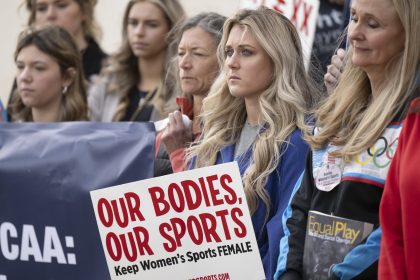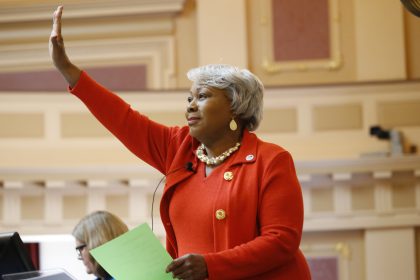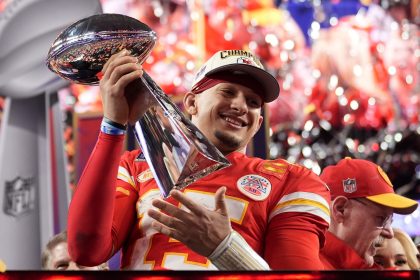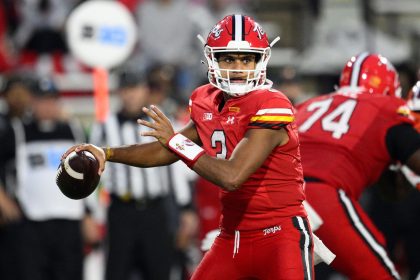Senators Want Federal Legislation to Reform College Sports Abuses
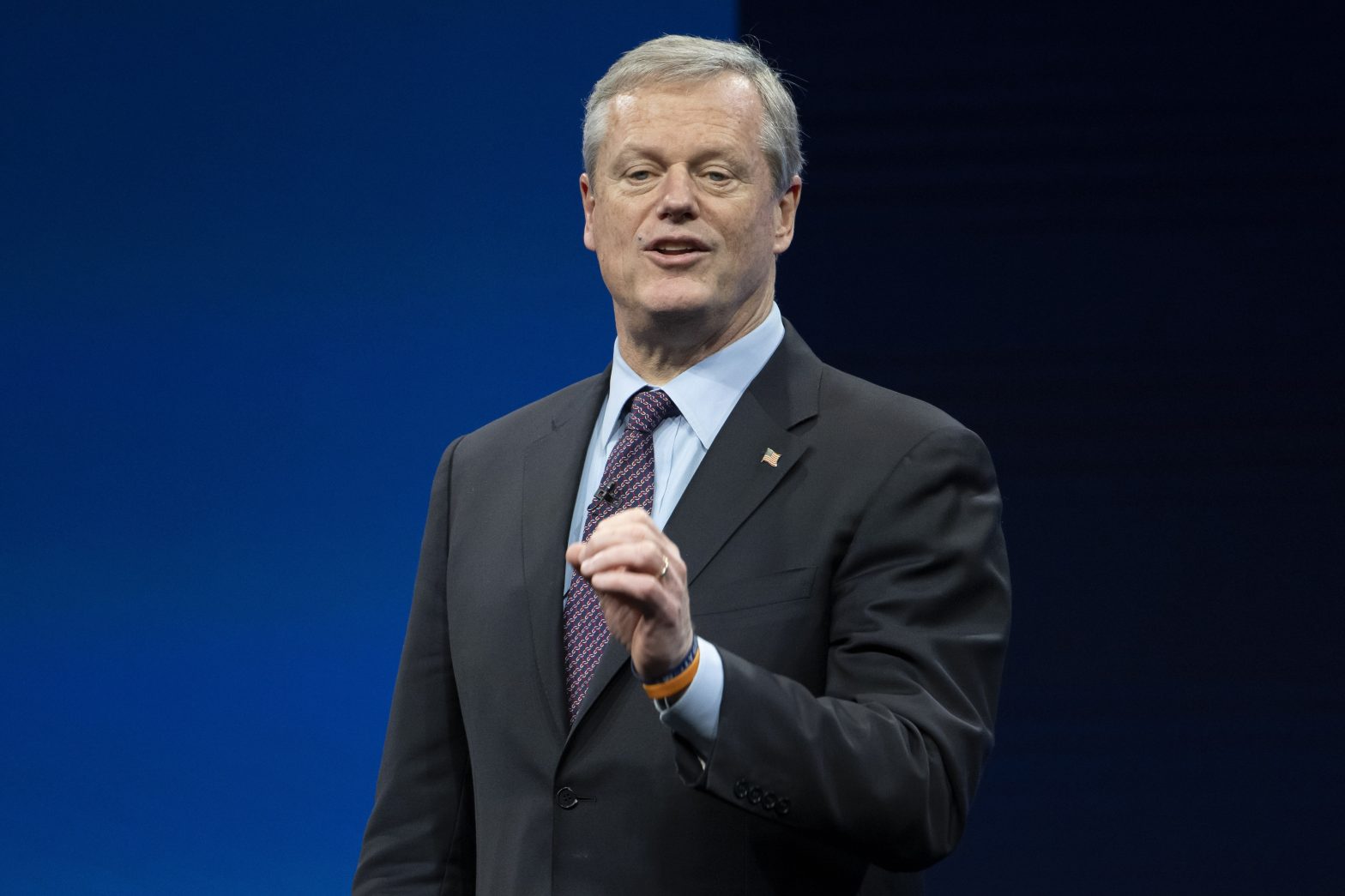
WASHINGTON — A Senate committee won agreement Tuesday from some college athletic officials that federal legislation might be needed to halt abuses of student athletes.
They contribute to a $16-billion-a-year industry but often receive little compensation for their efforts and sometimes sacrifice the quality of their education for the short-term fame of athletic achievement, according to witnesses at a Senate Judiciary Committee hearing.
“The [National Collegiate Athletics Association] is a chronic antitrust violator,” said Ramogi Huma, director of the National College Players Association.
Often college athletic programs care more about the money from ticket sales and media appearances that athletes generate than helping them graduate from college, Huma said.
“Colleges in mega-conferences are literally selling out their futures for TV dollars,” he said.
Disputes over compensation for college athletes became more heated in 2021 after the NCAA lifted its ban on student athletes receiving money for commercial use of their names, images or likenesses.
Removal of the ban allowed the athletes to be paid for advertisements and personal appearances. Others have started their own social media websites.
The national average for name, image or likeness payments to college football players who win the promotional contracts is about $3,400 a month, according to college athletic scouts.
NCAA permission for the contracts also blurred the lines on whether the athletes are really students or employees of their colleges.
The alleged abuses have included athletes at some colleges incurring low graduation rates as their grades suffer and injuries that can last a lifetime but no medical insurance to cover them.
Trinity Thomas, a University of Florida gymnast, said one of the problems when students enter a college sports program is that their rights as athletes could vary widely, depending on the rules of each school.
“There currently is no single standard that applies to all athletes,” Thomas said.
Some lawmakers want to eliminate the unfairness they say could result from abusive college sports programs with federal legislation that sets minimum standards.
A leading proposal is the College Athletes Protection and Compensation Act. It would set national standards for commercial use of athletes’ names, images and likenesses. It also would establish a medical trust fund to provide care to injured athletes, set incentives to prioritize athletes’ education and require measures to protect athletes’ health and safety.
“We all know this system of college athletes is in need of reform,” said Sen. Richard Blumenthal, D-Conn., who authored the College Athletes Protection and Compensation Act. He is a former member of a college swim team.
He added, “State enforcement so far has been lacking.”
Other provisions would establish a College Athletics Corporation to set, administer and enforce rules to protect athletes who enter into endorsement contracts. Schools would be required to report their revenue and expenditures for each athletics program, the average number of hours that college athletes spend on college athletic events and academic outcomes and majors for college athletes.
A third provision would require schools to continue giving athletes financial aid covering tuition, books and other fees until they graduate, even if they suffer an injury that disqualifies them from competition.
Sen. Ted Cruz, R-Texas, said he agreed college athletics needs reforms but cautioned against too much government interference. He said it could do “enormous damage” to college athletics programs that assist millions of Americans to get higher education.
“Bad things, I believe, will happen if Congress takes over college sports,” Cruz said.
He also said colleges should be prevented from turning athletes into the equivalent of employees.
“I believe that would be a very serious mistake,” Cruz said. “It would subject scholarships to taxation. It means that if you miss a pass you could get fired and lose your scholarship.”
You can reach us at [email protected] and follow us on Facebook and Twitter



















